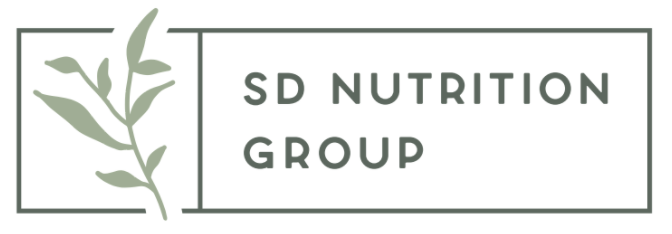Check, Check…1,2,3…What is Body Checking?
We all look in the mirror every day, many times throughout the day. But for some, this checking in the mirror can become unhealthy or obsessive.
Body checking is a common form of body dysmorphia and can present in a variety of ways. Most common are
feeling or measuring the shape of different body parts
frequent weighing
pinching or squeezing parts of the body
checking in the mirror for an extended period of time assessing features of your body
Body checking can be harmful as it can perpetuate symptoms of body dysmorphia as well as eating disorders. Engaging in body checking behaviors can intensify body image distress and increase fear of losing control.
If you find yourself engaging body checking behaviors here are a few things to help reduce body checking
Reframe the narrative - having a few go-to mantras can help to challenge the thoughts and feelings that lead to body checking. You can even add these as post-it notes to your mirror, laptop, or save something positive as your phone background.
Take notice of what leads to a body checking behavior - is there a specific event, item of clothing, or part of your day that leads to a behavior? Take note of when these feelings come up. Having awareness around triggers can help reduce behaviors.
Try a distraction technique - if you notice yourself body checking, try distraction such as a fidget, journaling, calling a friend, coloring, or splashing your face with cold water.
Limit time on social media - while it may be unconscious, research has found that social media can have a negative impact on self-esteem and body image, due to comparison and unrealistic expectations. If you are finding yourself feeling down after scrolling, set limits around the amount of time you spend on a screen.
Reducing and eliminating body checking behaviors can take time. Remember, your brain is rewiring thoughts and behaviors during this time, so allowing yourself some grace and compassion is key. As you make progress, be sure to celebrate the small wins - recovery is not linear and there are bound to be ups and downs along the way. Have patience with yourself and remember to lean on your therapist and dietitian for additional support.

